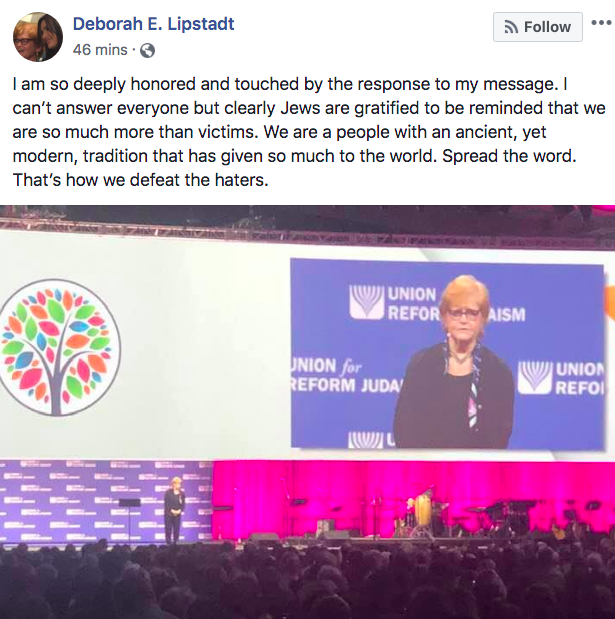Words of the Week
“The facts show that American Jews are mostly safe in this country, New York City included. But recent violent events also show that we cannot take this safety for granted. We can be grateful that anti-Semitism in America today is primarily nonviolent — and all Americans should work hard to make sure that doesn’t change.”
Source: Laura E. Adkins, “Anti-Semitism in the U.S. Isn’t Usually Violent. What If That’s Changing?” (Washington Post)
